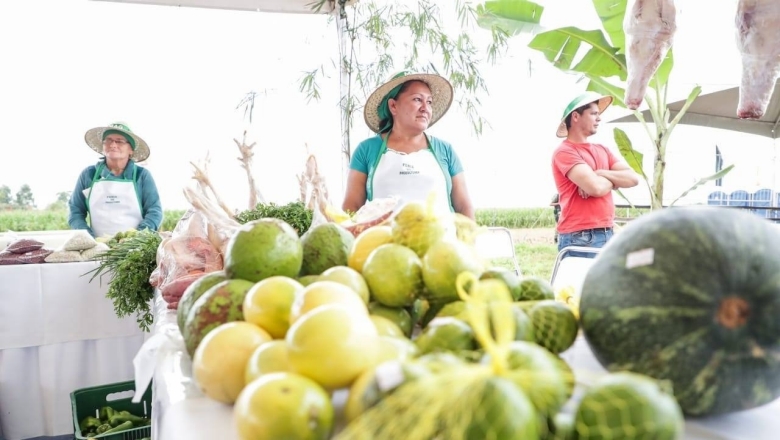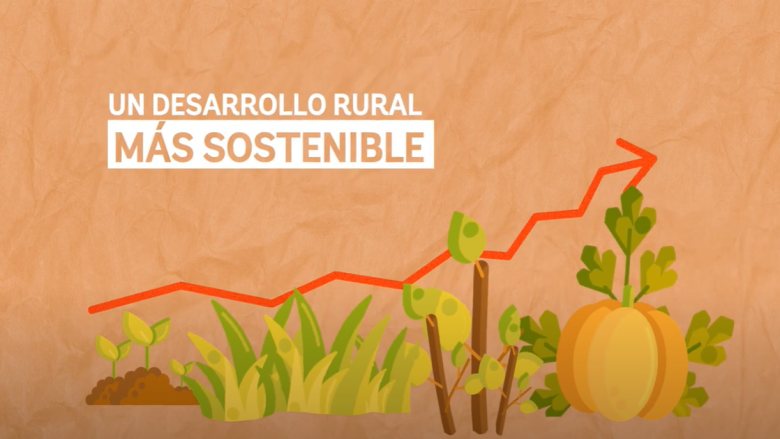"Some time ago, we went through hardships; there was nothing [to eat]. We were surviving only on what was available (...) My children used to ask me: 'Mom, what are we going to eat?' And I would reply "We have nothing". Ten years later, Ña Modesta Sosa, member of the Guaná community tells a very different story. Today, she and her children and other 28,000 families are earning more income by working their land on a sustainable basis.
Designed by the World Bank in partnership with the Government of Paraguay, the Sustainable Agriculture and Rural Development Project (PRODERS) has transformed the lives of the country's most vulnerable rural communities. By adopting sustainable production practices, families now manage resources more efficiently and generate inclusive agri-food value chains, they are involved throughout the paddock-to-plate process stages.
Accordingly, rural producers and indigenous communities are generating more income. "Families, by producing more and diversifying production, meet their food needs and sell their surplus," explains María Cristina Villalba, an agronomist.
The lives of Paraguay's poorest families are also being transformed not only because of better and increased production and participation in the agri-food value chain but also because their quality of life has been improved because of having a better community organization. "This Project was a real eye-opener and made us step forward as an organization, as a community," says Floria Gonzalez, a farmer from San Juan, Caaguazú.
In addition, small-scale farmers now produce and sell more at better prices. "It is a dream that has come true; today we are micro-entrepreneurs,"rejoices Antonio Vargas, an indigenous community leader.
Training farmers and indigenous peoples in financial, business and production matters is critical because many of the poorest communities depend on agriculture, which, paradoxically, is one of the most effective economic sectors for eradicating rural poverty.


